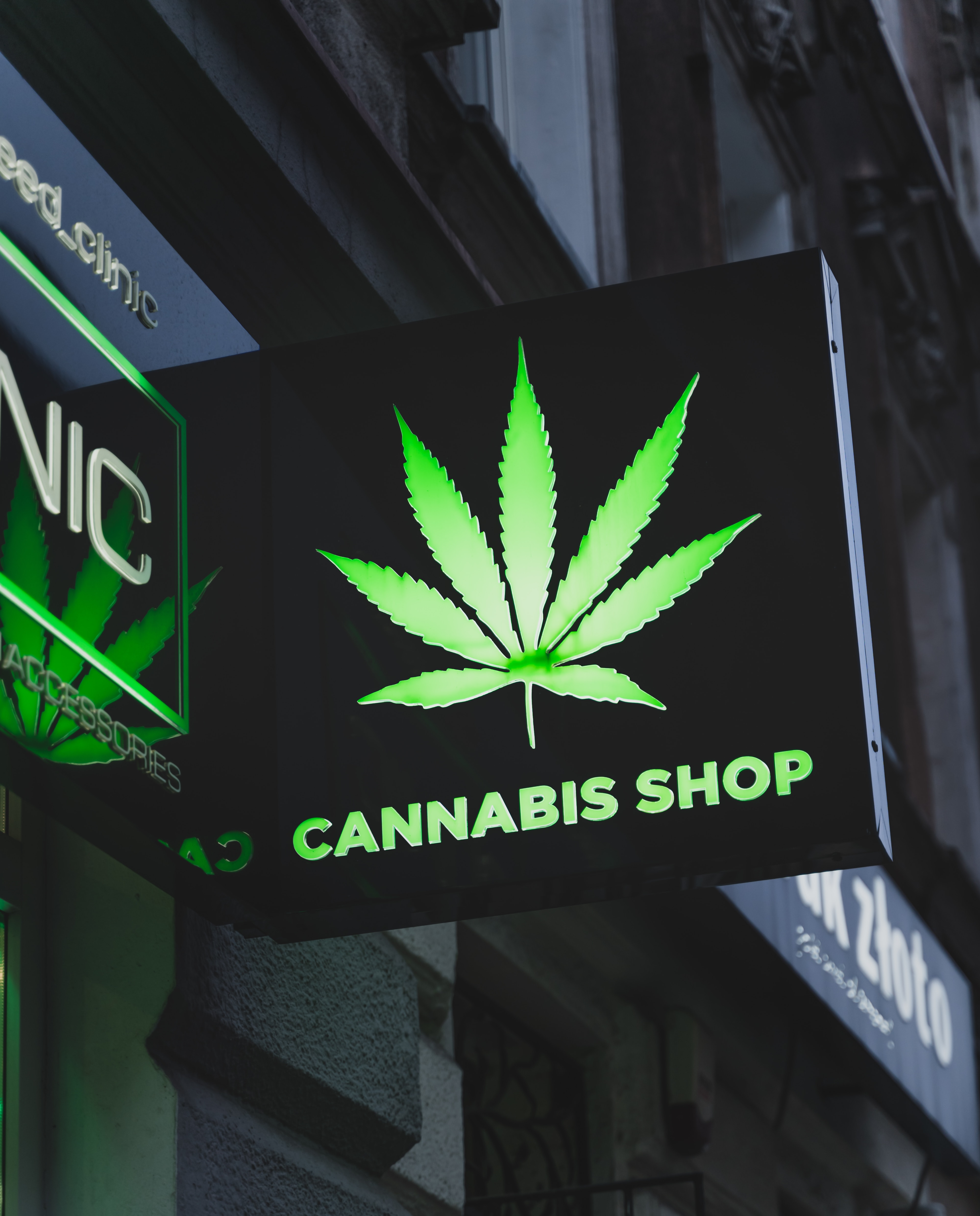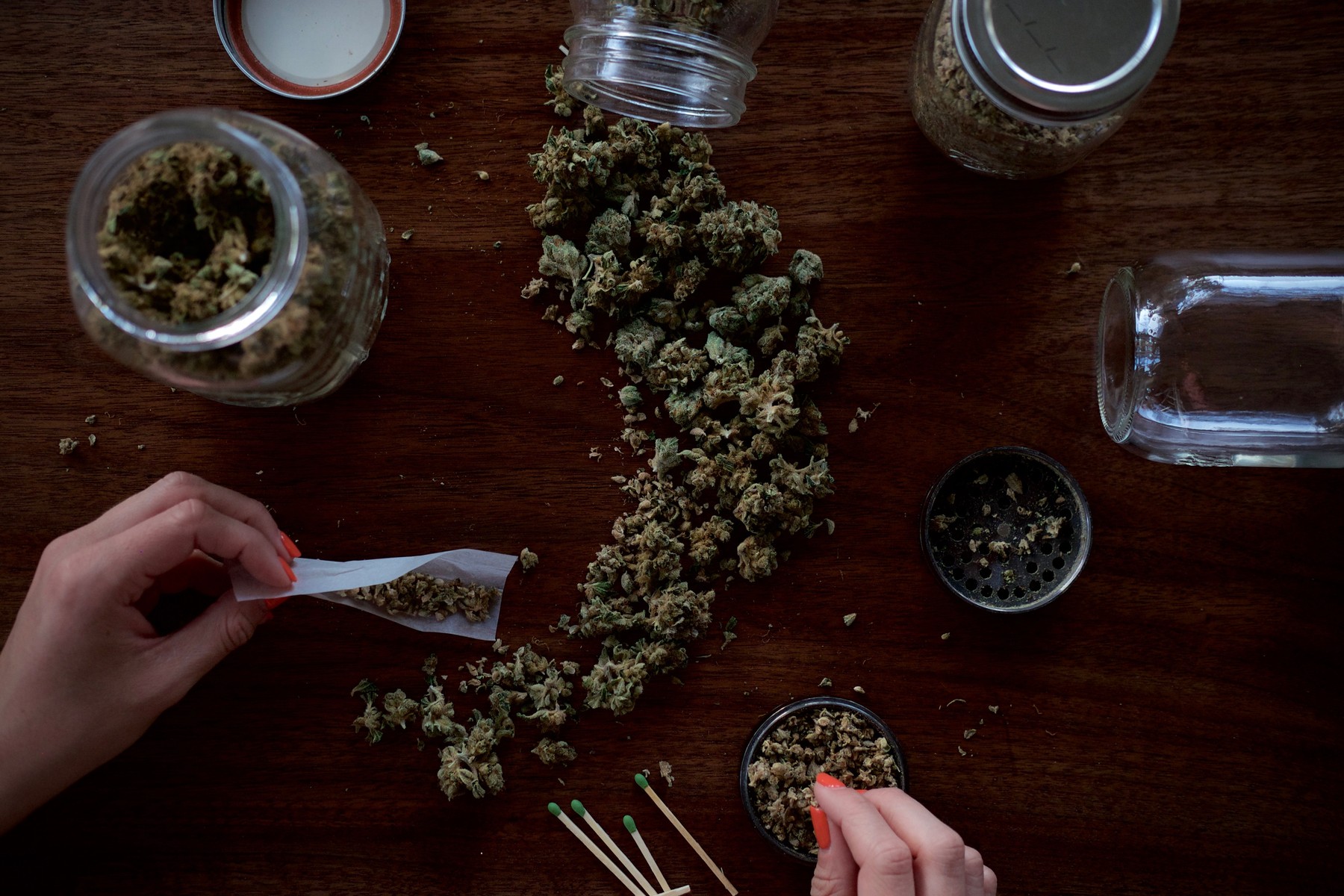
Should Oakville have retail cannabis stores? So far, our town council has said no.
In a recent interview, Mayor Rob Burton indicated he felt it was unlikely that would change.
Oakville News reached out to all councillors and received only one response, from Ward 2's Ray Chisholm, who said he was "open to discussion." In the same vein, the mayor, reached by telephone, said he would not take a position ahead of a council discussion.
Our immediate neighbour to the east, with a much larger population, has changed its mind and will now allow legal cannabis stores (see from minute 26). What are the reasons for this shift?
One of the main objections to allowing legal retail cannabis stores concerned locations. The province did not give the municipalities the right to control where such shops would be allowed. That has not changed, the only restriction being that they cannot be within 150 metres of a school.
Another issue was that the shops tend to cluster together where rents are cheap. Given that this has happened with everything from nail salons to frozen yogurt, barber shops to pizza parlours, and the market soon rewards the best operators; it is difficult to see why this would be a different concern because of the product offered.
However, the ability to control location was a concern for four of the twelve Mississauga councillors, who pointed out that municipalities have control over locations in many other areas.
The decision not to restrict locations except near schools is provincial, out of our council's control, so it's better addressed with our local MPPs.
So why reconsider?
Cannabis is a widely used recreational drug. Until it was legalized, it was obtained through criminal sources only. This meant supporting organized crime, no control over quality, packaging or the age of buyers, and perhaps most importantly, no control over adding dangerous and addictive ingredients or protection against upselling to more lucrative illegal drugs. Illegal cannabis has, among other things, been shown often to contain dangerously high levels of pesticides.

The purposes of legalization were to:
- remove a large number of casual users from the criminal justice system
- remove the revenue source from organized crime
- reduce the costs to law enforcement
- enable control over purchases by minors
- ensure proper quality and labelling
Of course, this also means the government can collect tax revenue from cannabis users, money that otherwise goes to support the activities of criminals.
Further, it meant those wishing to try or buy cannabis could do so without consorting with the criminal element. (Do you want your teenager to meet a stranger in a basement where who knows who might come through the door?)
Consumers can confirm the contents of their purchases and be advised which products suit their interests. And should they bring home cannabis edibles, it won't be in colourful packaging that might look like gummy bear candies to children.
In a bust last year, police investigators said they would like to caution members of the public regarding purchasing cannabis products from unlicensed distributors as the content of THC can exceed recommended doses for human consumption.
Halton Police indicate that most investigations involve opioid, cocaine and meth dealers. Are these the people Oakville residents are dealing with when they seek out cannabis locally?
In 2022, legal sales exceeded illegal sales, which means the criminal element has lost ground because of this change. However, there are still lots of illegal sources.
Many of the fears surrounding the opening of legal bricks and mortar cannabis outlets have proven unfounded in jurisdictions where they are legal, in particular, Toronto, where there are many such legal shops.
Both medicinal and recreational cannabis are legal for sale in Canada. If the goal is to undermine the criminal element, many would argue that limiting legal locations flies in the face of that objective.
While communities who opt out, like Oakville, can always change their minds and opt in, once they do so, there is no turning back.
The Mississauga reconsideration was prompted by this presentation (starting at minute 26) to city council. It is clear from the councillors' responses that there was a new openness to the idea, with Mayor Bonnie Crombie supporting the review and speaking in favour at the vote.
A key factor is that in the absence of legal outlets, there are now many illegal ones. Councillor Dipika Damerla pointed out, "So the goal here today is not a choice between legal stores and illegal stores; the choice today is illegal stores, the profits of which are going to create more illegal activity or legal stores."
Given that choice, what do you think?
So far, our council has stood against retail cannabis shops in Oakville. You can send your opinion to your councillors at [email protected], and we would love to hear from you in the comment section or at [email protected].
In the past, opponents of retail cannabis locations in Oakville have been well represented at council, with much less pressure from those in favour.


